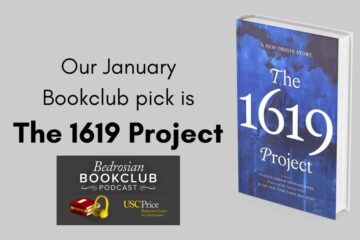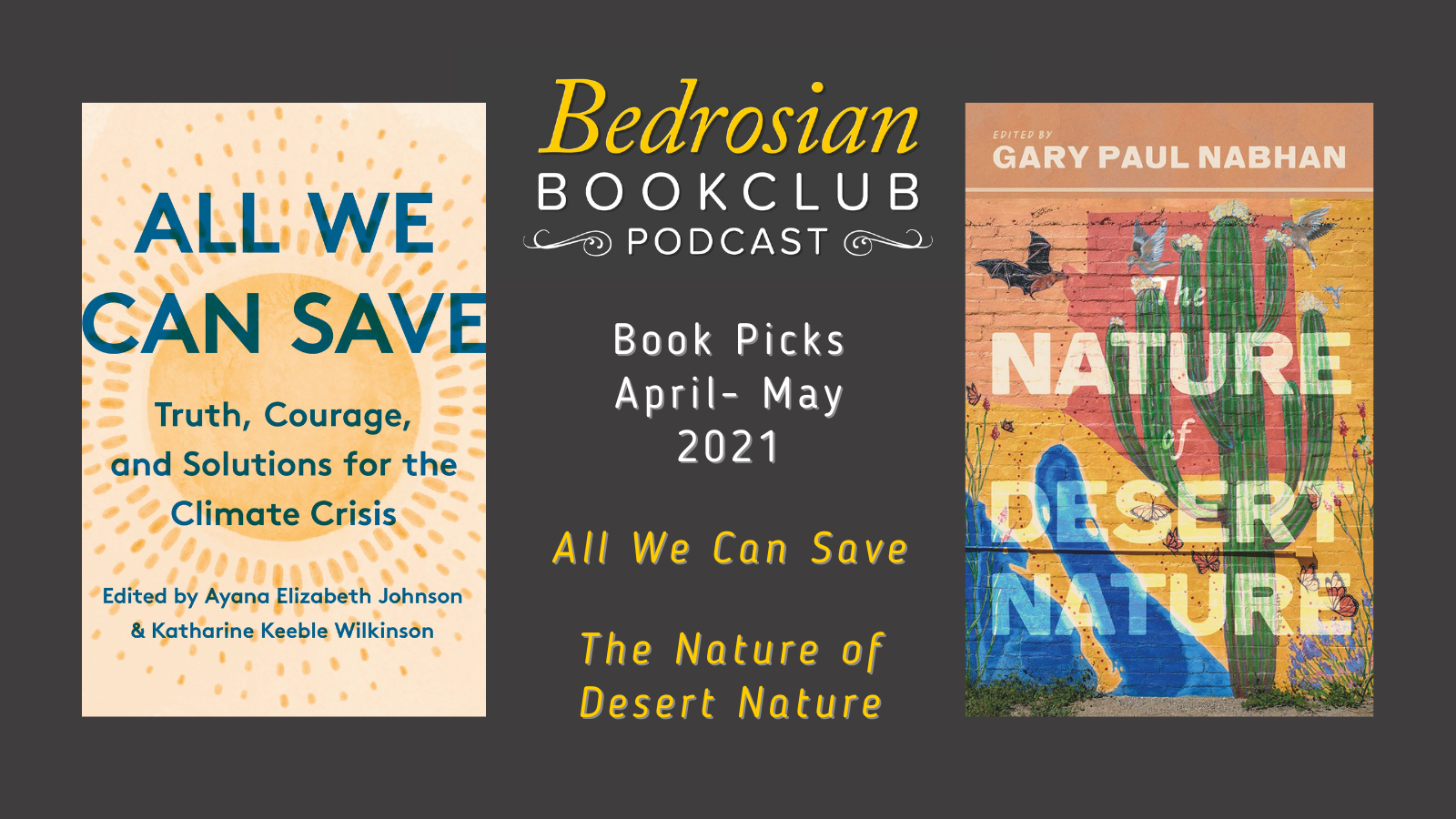Park Equity Symposium Gathers Open Space Advocates
The issue of park equity has long existed on the fringes of several research sectors. It is an issue of poverty, but core concerns like hunger and housing typically garner more public attention. The environmental justice movement, historically concerned with preventing unequal exposure to hazards, has only recently started to champion equal access to open space with similar fervor. On July 10th The Los Angeles Neighborhood Land Trust, in partnership with the Bedrosian Center, USC Dornsife, Community Health Councils, and California Natural Resources Agency, helped to bring the topic into the mainstream though a day long symposium.

Panel on Community engagement to achieve park equity – with Charles Thomas Jr. (Regional Manager, Yourth Programs, Pacific West Region, National Park Service), Jose Gonzalez (Fouder/Director, Latino Outdoors), Lark Galloway-Gilliam (Executive Director, Community Health Councils), moderated by Manal Aboelata (Managing Director, Prevention Institute)
 Audience members hailed from several different non-profit and community groups, but many have already come to know each other by attending the same park openings and community meetings for years. For many of the attendees the information was not necessary new, but the experience was. This symposium was a chance for everyone who is part of the movement to reflect on their work, and for new allies to join the conversation.
Audience members hailed from several different non-profit and community groups, but many have already come to know each other by attending the same park openings and community meetings for years. For many of the attendees the information was not necessary new, but the experience was. This symposium was a chance for everyone who is part of the movement to reflect on their work, and for new allies to join the conversation.
Park equity attracted attention as a critical issue for Los Angeles in 2002 when then USC Professor Jennifer Wolch released a report that highlighted issue of park disparities in Los Angeles. Since then the movement has picked up momentum across non-profit and government sectors. The formation of the Neighborhood Land Trust in 2002 and the commitment of LA Recreation and Parks to develop 50 new Parks, mostly in underserved neighborhoods, serve as just two examples of this growing commitment.

Alina Bokde, Executive Director of The Los Angeles Neighborhood Land Trust
Much of the conference was spent re-framing the narrative of how so many low income neighborhoods came to have a dearth of green open space. Neighborhood Land Trust Executive Director Alina Bokde and Arizona State University School of Sustainability Professor Christopher Boone both spoke at length about the history of racial exclusion and uneven development that created open space discrepancies. Everyone in attendance left with a greater understanding of how park equity became such a major issue, a story they will hopefully spread to bolster more attention for this historically fringe issue.
And of course there were impassioned speeches to reaffirm everyone’s commitment to their work. State Senator Kevin de León spoke about his personal commitment to securing funding to develop and maintain parks in under-served communities, and Jose González from Latino Outdoors shared photos from recent camping trips with families that had never spent time in a wilderness environment.
Two new tools discussed at the symposium stood out as worth highlighting. One is the first ever policy brief from the Los Angeles Neighborhood Land Trust: “Creating New Urban Park Space in Los Angeles: An Analysis of the Current Quimby Ordinance and Recommended Improvements.” The brief is worth a read if, like most people, you struggle to understand the nuances of Quimby funding and reform. Second, Community Health Councils has officially launched “Los Angeles Open Acres,” a comprehensive database of all vacant land is Los Angeles. The much anticipated tool will hopefully help community members to organize around underutilized space.
The symposium, which drew an audience of over 100 advocates, demonstrated the growing popularity of the park equity movement. Hopefully the event can be held annually to connect everyone working on these issues with the new tools and research that continue to become available.
Park Equity Symposium: Opening Remarks
Park Equity Symposium: Community Engagement to Achieve Park Equity
Park Equity Symposium: It’s About Process, Not Just Outcome
Park Equity Symposium: Park Equity Solutions
Park Equity Symposium: Closing Remarks
Park Equity Symposium: Workshop – Tools for Land Access

Christopher Boone, Dean, School of Sustainability, Arizona State University



